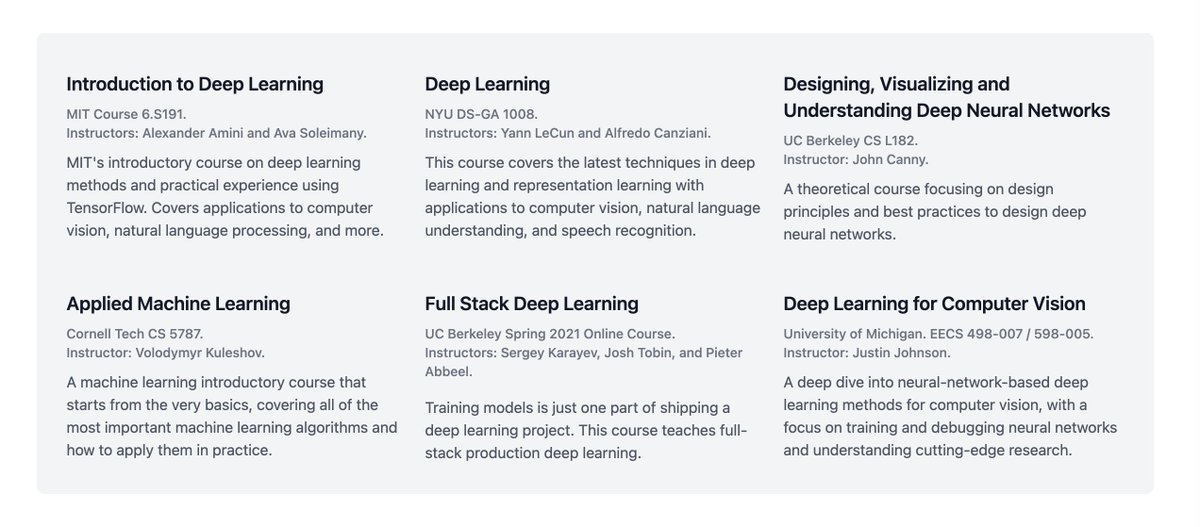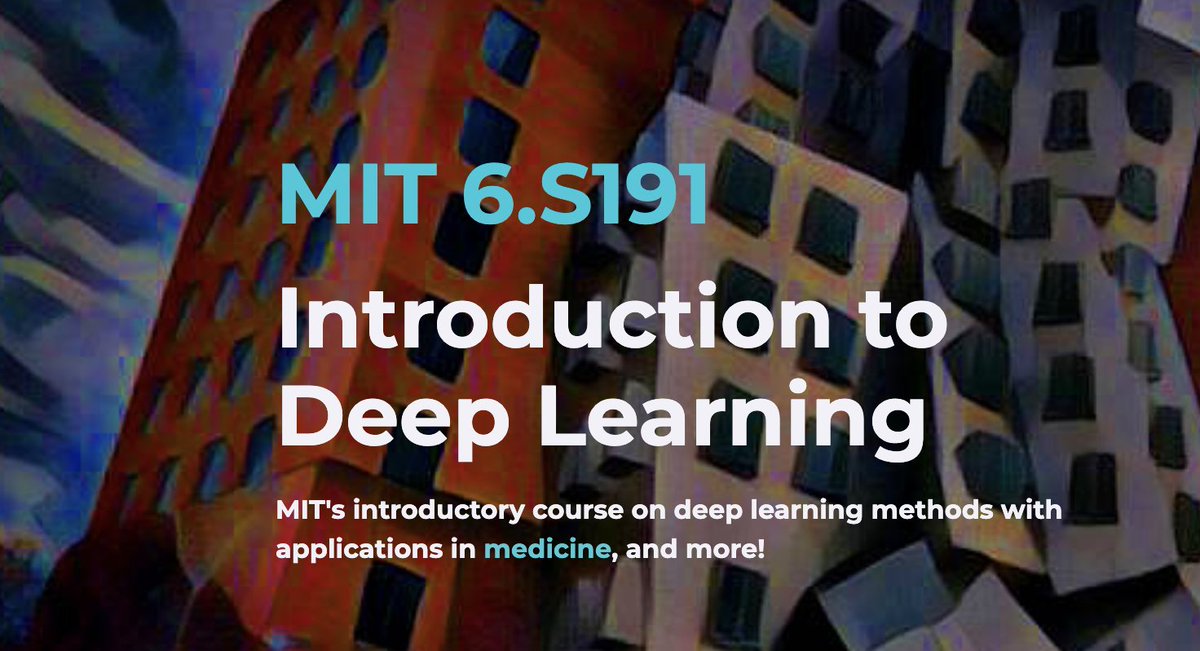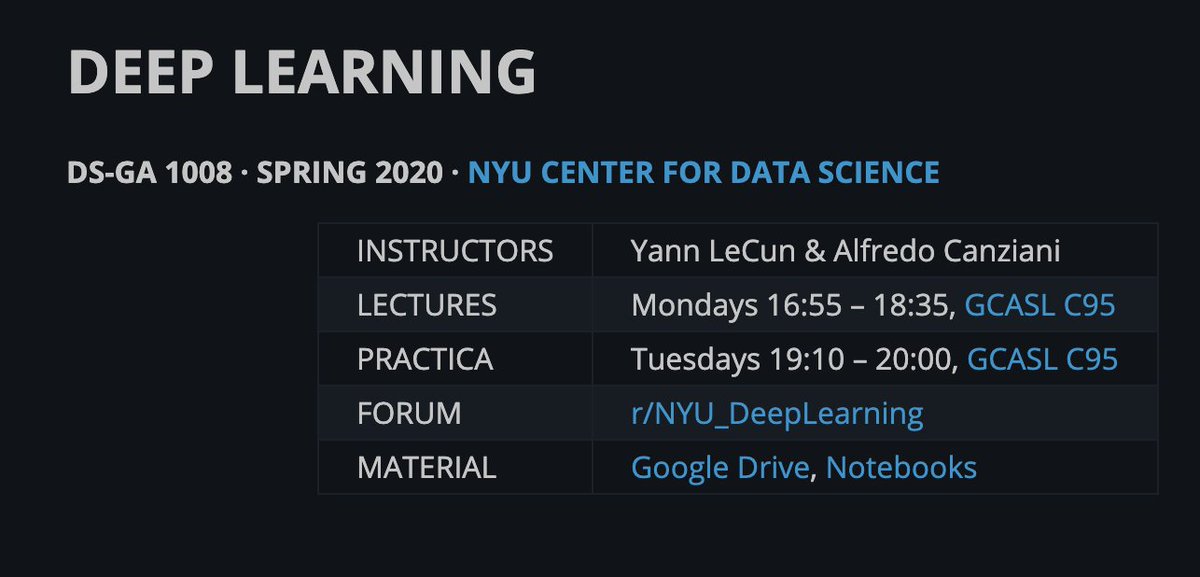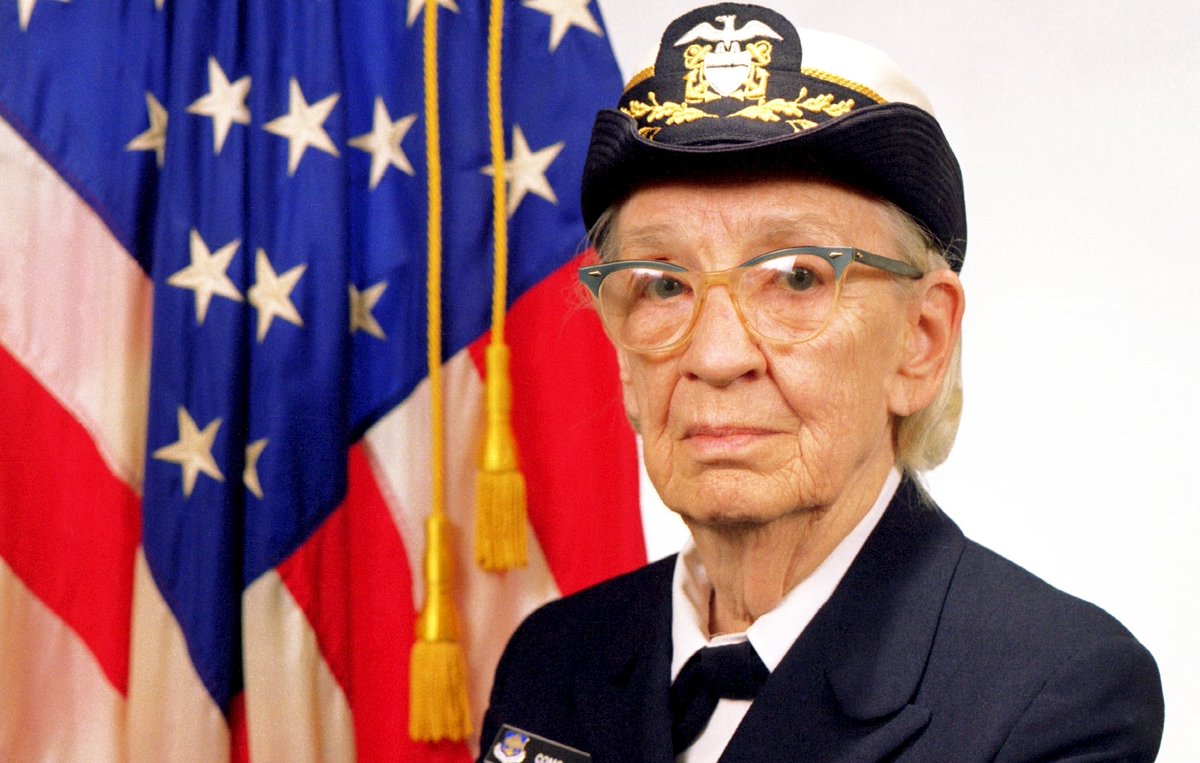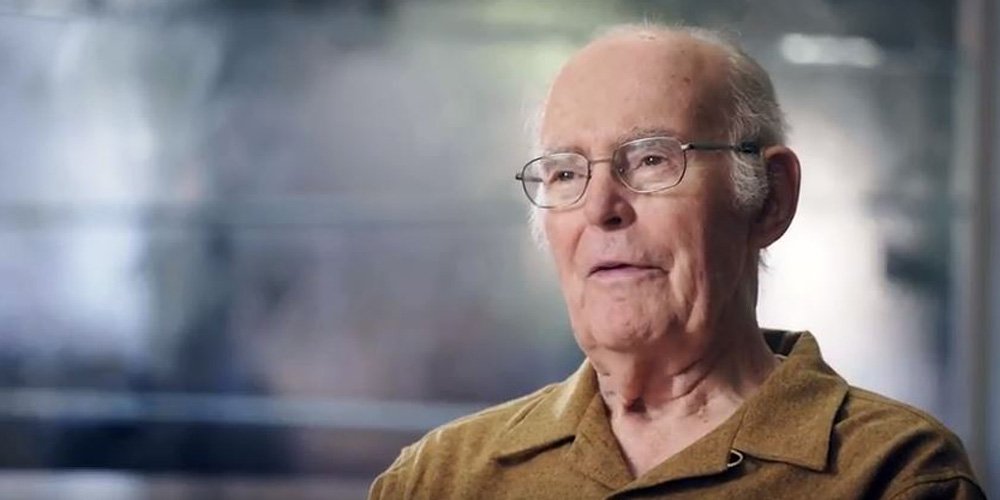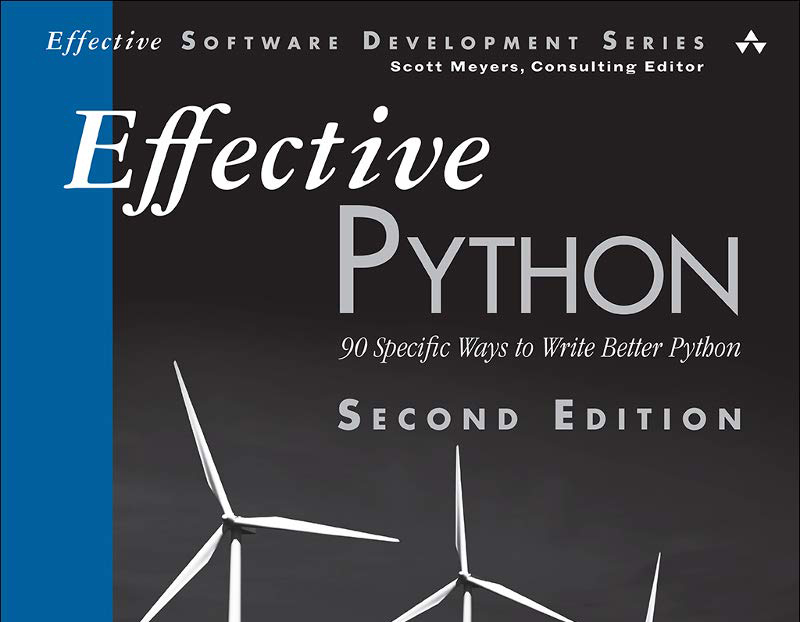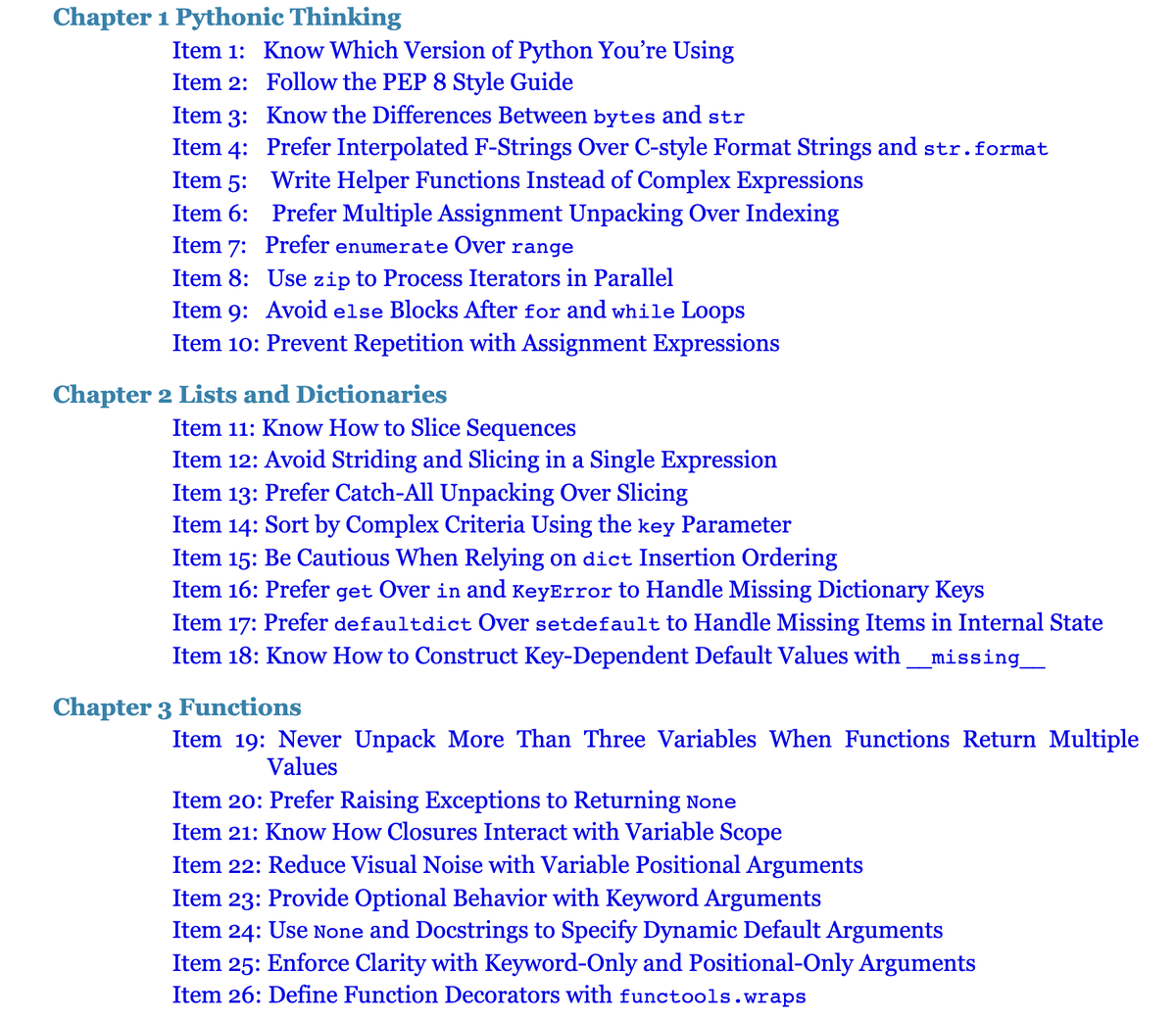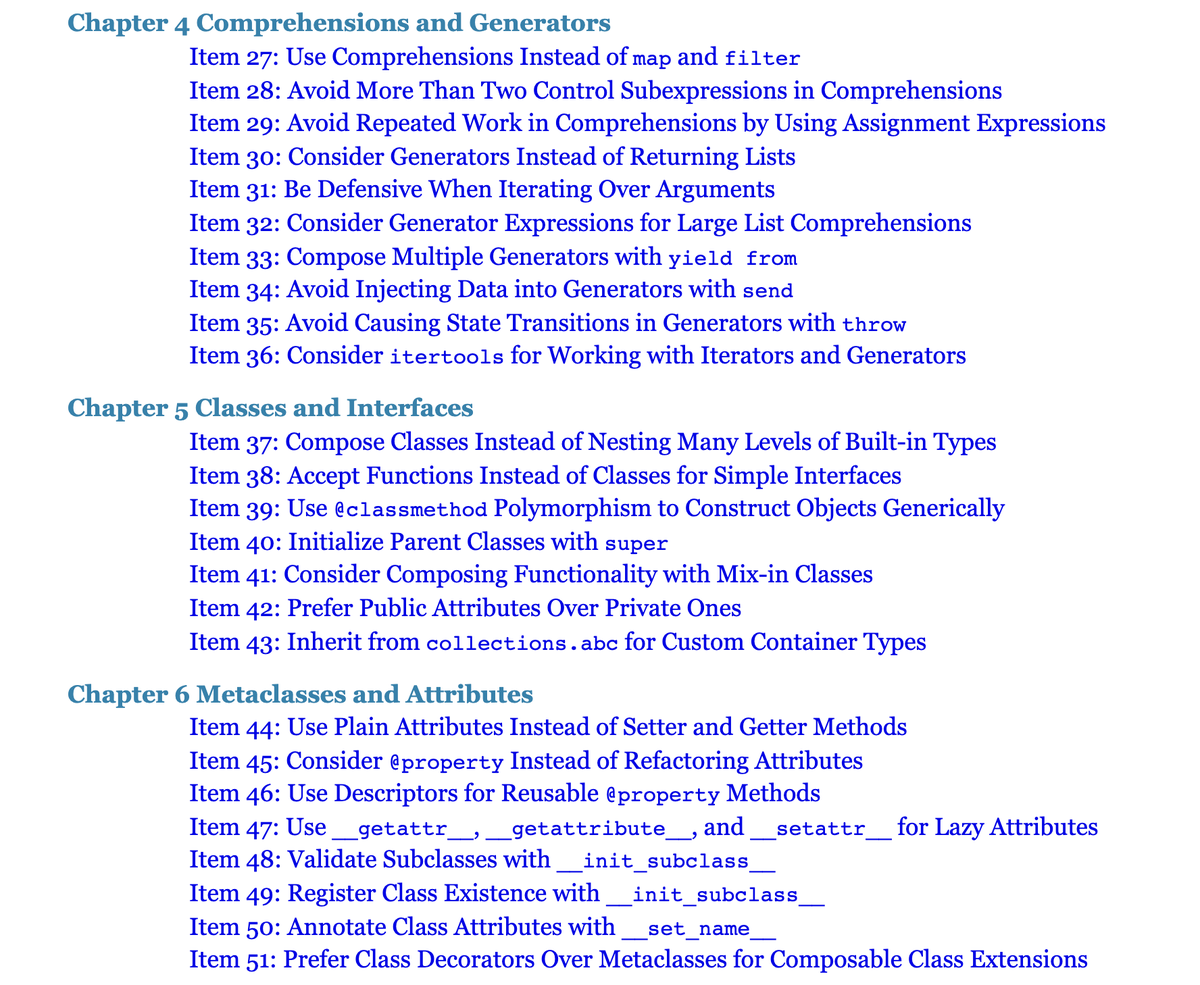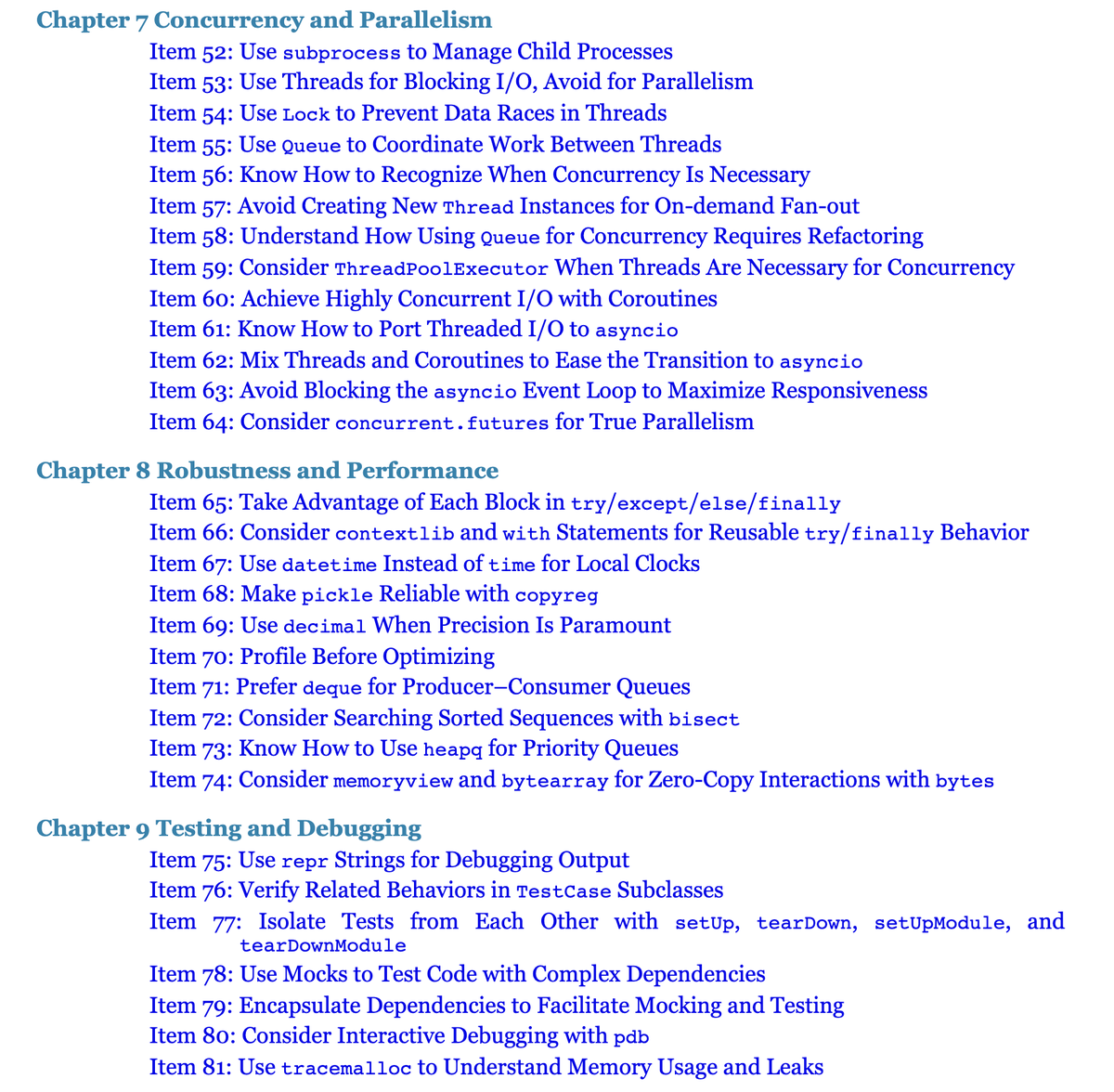
A little over 12 years ago, the police started building a case against me.
That was stressful. They were watching. They wanted to take me off the streets.
Here is the story of how I fled Cuba and came to the United States.
↓
That was stressful. They were watching. They wanted to take me off the streets.
Here is the story of how I fled Cuba and came to the United States.
↓
After finishing college, I started taking freelance projects.
That was illegal. The Cuban government didn't allow people to make money working for foreign companies.
If you were lucky, you could get 2 years in jail. They called it "illicit enrichment."
That was illegal. The Cuban government didn't allow people to make money working for foreign companies.
If you were lucky, you could get 2 years in jail. They called it "illicit enrichment."
We were a small group of friends. We met at my house every morning.
We paid a foreign national for Internet access. Cubans weren't allowed to buy it, so we had to get creative.
It was a 56kbs connection shared across 4 computers.
We paid a foreign national for Internet access. Cubans weren't allowed to buy it, so we had to get creative.
It was a 56kbs connection shared across 4 computers.
We built relationships with ex-pats that sent us work.
I built a good reputation in @Upwork (it was called oDesk back then.)
We were hard-working, honest, 20-something young guys willing to eat the world to feed our families.
I built a good reputation in @Upwork (it was called oDesk back then.)
We were hard-working, honest, 20-something young guys willing to eat the world to feed our families.
To get paid, we had to use family members living outside the country.
The process and fees to get the money was ridiculous, but we didn't have a choice.
We were making anywhere between $200 - $1,000 every month, depending on the project and the company.
The process and fees to get the money was ridiculous, but we didn't have a choice.
We were making anywhere between $200 - $1,000 every month, depending on the project and the company.
If the money doesn't sound like much, you may don't know that a regular salary with the government was $10 - $20 per month.
Reread those numbers and let them sink. That wasn't a typo.
Reread those numbers and let them sink. That wasn't a typo.
I had to quit my government job to focus on my freelance work.
It was a good job for Cuban standards: I was making around $40 every month.
Nobody quits that job. Not unless you are working on something more substantial (and probably illegal.)
It was a good job for Cuban standards: I was making around $40 every month.
Nobody quits that job. Not unless you are working on something more substantial (and probably illegal.)
They started asking questions. They talked to my neighbors and the person who gave me the Internet.
They blocked a transaction and forced a family member to call an office in Canada to justify the money as "family support."
I knew they were after me. I was going to jail.
They blocked a transaction and forced a family member to call an office in Canada to justify the money as "family support."
I knew they were after me. I was going to jail.
A friend and I decided to leave the country. It was the only solution.
We paid for a job contract in Mexico. Almost a year worth of work went puff.
I had my visa interview. Got approved. Bought a plane ticket and flew to Mexico. The whole process took a few months.
We paid for a job contract in Mexico. Almost a year worth of work went puff.
I had my visa interview. Got approved. Bought a plane ticket and flew to Mexico. The whole process took a few months.
It took me five days to find somebody that paid the right people to take me to the US border.
I got ripped off by the lawyer who offered to bring my wife and daughter as well.
I didn't sleep. Honestly, I don't remember, but I probably didn't.
I got ripped off by the lawyer who offered to bring my wife and daughter as well.
I didn't sleep. Honestly, I don't remember, but I probably didn't.
Crossing the border wasn't hard.
I showed up, and they did the paperwork that I needed to stay in the country. Cubans had privileges back then.
That was May 1, 2009. Exactly 12 years ago. Today it's my second birthday.
I showed up, and they did the paperwork that I needed to stay in the country. Cubans had privileges back then.
That was May 1, 2009. Exactly 12 years ago. Today it's my second birthday.
Once here, I started working as a Software Engineer right away.
I got my green card and then became a citizen.
Today, I feel much more American than I ever felt Cuban. This country has given me everything I have. That country took everything away from me and then some.
I got my green card and then became a citizen.
Today, I feel much more American than I ever felt Cuban. This country has given me everything I have. That country took everything away from me and then some.
12 years is a long time. I'm happy I can celebrate it today with my family.
I'm lucky and privileged to be here, having a career, being healthy, and having financial stability.
That's the whole story and the reason I love this country.
I'm lucky and privileged to be here, having a career, being healthy, and having financial stability.
That's the whole story and the reason I love this country.
• • •
Missing some Tweet in this thread? You can try to
force a refresh

